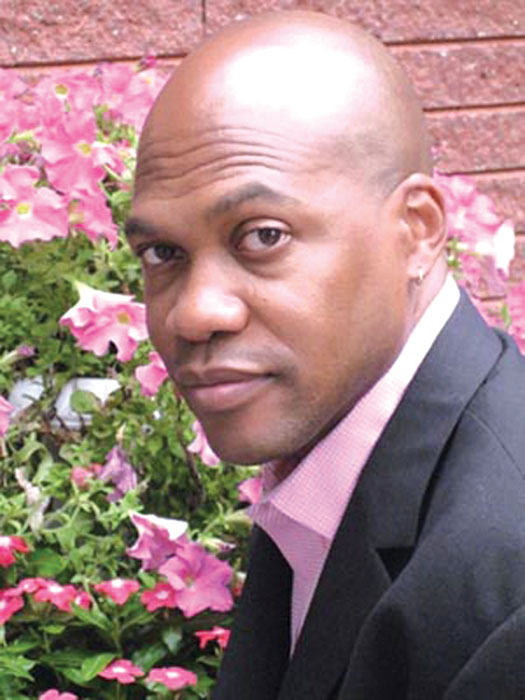When E. Patrick Johnson conceived his book Sweet Tea: Black Gay Men of the South—An Oral History, he did not think the project would ever extend beyond the printed word. Published by the University of North Carolina Press in 2008, the book was a collection of oral narratives. But halfway through the research and interviewing process, Johnson realized he would need to do more. As he explained to Windy City Times in a 2008 interview: “[H] earing them tell their stories in their unique ways suggested to me that the immediacy of the telling had to be recaptured in a way that reading it on a page would not.”

Johnson, professor and chair in the department of performance studies and professor in the department of African-American Studies at Northwestern University, is no stranger to the stage and he began working on a one-man rendition of nine of the narratives in the book. The result was Pouring Tea, which became part of his book tour over the next year. Then, in the spring of 2008, he was approached by Jane Saks, executive director of the Ellen Stone Belic Institute for the Study of Women and Gender in the Arts and Media at Columbia College to become a fellow at the Institute in order to develop Pouring Tea into a play. After months of work shopping and script rewrites, Sweet Tea begins its life as a theatrical adaptation directed by Daniel Alexander Jones and co-produced by Saks, the Institute and About Face Theatre.
Speaking via phone to Windy City Times May 3, Johnson spoke of his excitement about the new project. Pouring Tea featured Johnson retelling the narratives in the classic one-man performance style, reading while sitting on a stool with no accessories but the most basic lighting. The new production still features Johnson as the only performer but his appearance is now part of a rather different theatrical experience, complete with sound, set and light design. Johnson says he wasn”t sure, going into the workshops, whether he would even be a part of the project. But once that decision was made, another one was made for him: “In the workshops, all the professionals said the same thing to me: “We know one thing for sure: you’ve got to get off that stool!”
Director Jones uses a jazz aesthetic in his retelling, according to Johnson, and that meant rendering some of the now thirteen featured men in unconventional ways. For instance, Jones conceived of “Freddie” as a beautiful bird that preened and sat atop a tree but would fly away if you came too close to it. So, “for Freddie, I am literally in a tree,” said Johnson. Another change is that Countess Vivian, the oldest narrator in the book, accompanies Johnson throughout the show as an elder. That accompaniment is also part of a significant change from both the book and the play: Johnson now includes his own experiences growing up Black and gay in the South.
The process of writing about himself was not always a comfortable one. “It was a interesting for me, having to turn the mike back onto myself, and it was also pretty frightening,” he said. He felt vulnerable and exposed, especially around the parts where he revealed his guilt and fears around the HIV/AIDS deaths of close friends, many of whom died in the 1980s. Writing about his own reactions meant revealing the uncomfortable truth that he had not gone to their funerals: “It was terrifying for me. It didn’t help that all my memories and experiences of funerals have been traumatic. I had all this guilt, and I’d been in denial; I really hadn’t dealt with the guilt about not going.”
But, in the end, Johnson realized that the insertion of his own experiences into those of the men whose words he had recorded would only enrich the play and take Sweet Tea to another level: “The whole experience really stretched me as an actor and as a writer.”